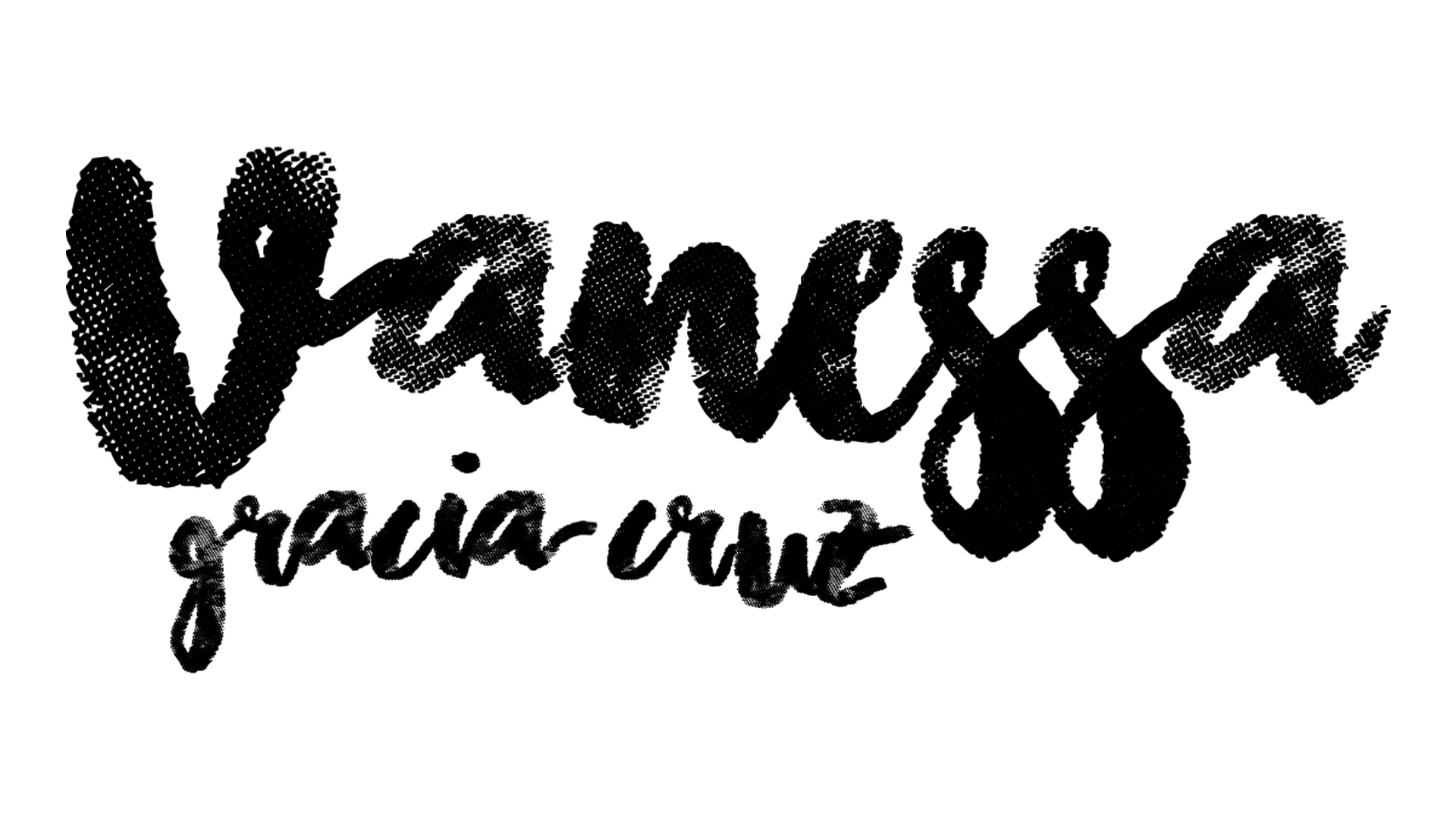Goal Digging Part III: Goal-Keeping
We’ve made it to the home stretch, and what may be the most important segment of the “Goal Digging” series: Goalkeeping! See, rules may be meant to be broken, but goals are most definitely meant to be kept. Obviously, we make goals in hopes that we will actually get to see them come into reality, although unfortunately that’s not always the case. Too often we set goals and put them up on a shelf, never to be seen again until the end of the year. But if we want to get closer to those life-goals we’ve been talking about, we’ll need to be inching towards them every day! So here are my top 2 go-to tools for keeping on track:
The Monthly Dashboard
A few years ago, one of my mentors introduced me to my beloved monthly dashboard, and it remains to this day one of the biggest reasons I’ve become successful at GoalKeeping myself. At the beginning of each month, I take time to reflect on which goals I’m going to try to tackle that month, and I create a chart that looks something like this:
I divide my goals into categories and place them at the top of the columns (my actual dashboard has more columns) then I place action items- steps that will lead up to accomplishing my goals in each category. Action items can be anything from setting meetings, to doing research on a certain topic. My Dashboard (as it’s name suggests) stays on my desk, right where I can see it throughout the month, so I can periodically check off the things I’ve gotten done. I use my Dashboard to keep me on track when I’m setting my weekly and daily goals, which brings me to my next point…
The Planner
You need a planner. End of discussion. Okay, maybe not the end of the discussion, but there is no acceptable excuse or reason why you wouldn’t need one. None of us is superwoman, and it is impossible to remember everything you need to get done using only your mind. Trying to do so only creates stress, and crowds your mind, cutting your productivity and ability to think creatively. So don’t do that- get a planner. At first, it may be rough, but once you get used to it, you will ask yourself how you ever lived without it.
Whether you like them digital (through an app or software) or on paper, you need to set times and dates for you to get things done. Remember last week, we talked about that war against ourselves? A planner goes a long way in helping you win against procrastination, and forgetfulness (which used to be two of my personal greatest weaknesses). At the end of each week, sit down with your Dashboard by your side and make appointments for you to get things done. Don’t make a list and expect to find time for everything later. Make a block for each project. If you’re really nerdy, color code it. To-Do lists can be ok for one day at a time, but the most effective way to make sure you do something is to set a time for yourself to do it, and not allow yourself to wiggle out, unless you set another time. My weekly planner usually looks something like this:
Though this is just an example, not my actual calendar, mine is almost identical. I account for almost every minute. Does it always turn out exactly the way it’s planned? Of course not. But I’ve made a habit out of immediately rescheduling if something is not able to get done. Setting a detailed schedule like this one may seem restricting, but it actually is a great way to free your mind from always having to think up what to do next. You save time by putting in focused thought once a week, rather than scattered thoughts all throughout every day. It also saves you from the “draw of the urgent” as some call it. You see, as leaders, parents, or teammates, there will always be someone or something that needs us “immediately”. If we don’t have a plan for our day we will spend the entire day putting out fires, and realize at the end we haven’t inched towards our monthly or weekly goals. Too many days like that, and a whole year will go by without us being truly effective. Remember, effectivity is not having a lot of activity or being tired at the end of the day. It’s moving towards your goals- doing things that matter, not just take up energy or space. So, be jealous with your time- don’t let immediate, though not always the most important, things knock you off task. Use your planner to help protect you from last-minute meetings or random phone calls. Explain to others that you have a schedule, but that you would be delighted to set an appointment with them, if they have something important to discuss- you’d be amazed how much you get done!
Feel free to comment below, what is your favorite kind of planner? Has anyone ever introduced you to the Dashboard? What’s your biggest set-back when it comes to GoalKeeping?


